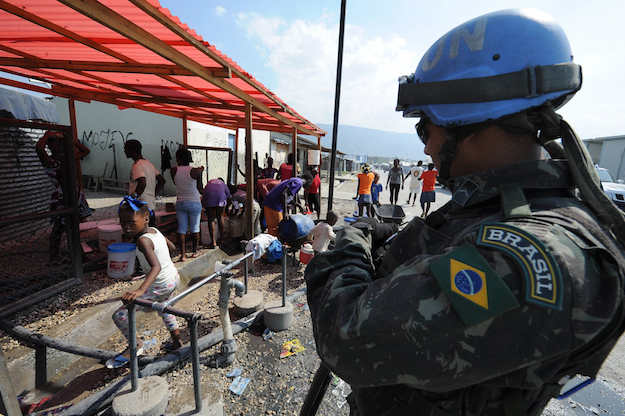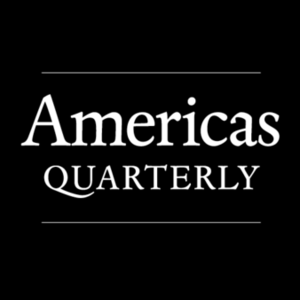http://americasquarterly.org/content/rio-bangui-brazils-armed-forces-face-toughest-challenge-yet
With hopes for much-needed pension reform before this year’s presidential elections dashed, Brazil’s President Michel Temer opted for military intervention in Rio de Janeiro, a high-risk publicity stunt in a desperate bid to boost his low approval ratings. With the command of all security operations leaving civilian hands, the men in uniform suddenly wield enormous power – yet in a recent conversation, a high-ranking military officer told me that many in the armed forces are wary of being dragged into a quagmire.
However, when the topic of the conversation shifts to Brazil’s plans to send a battalion to join the United Nations’ Multidimensional Integrated Stabilization Mission in the Central African Republic (MINUSCA), this same officer voiced strong support. The same is true among many of Brazil’s most seasoned diplomats.
At first glance, that is nothing short of surprising.
The Central African Republic (CAR) is the world’s poorest country, and one of its most politically unstable and violent. Horrendous ethnic and sectarian violence since 2013, when former President Francois Bozize was overthrown, has in several instances brought it to the verge of genocide. The conflict between Muslim rebel groups from the north of the country, called Séléka (“Alliance”), an anti-Séléka peasant movement, Christian militias called anti-Balaka (“anti-machete”) and at least five other armed groups is fiendishly complex, and blue helmets have struggled to reduce violence even in their immediate surroundings. In the last year year, fourteen UN peacekeepers have been killed amid growing public hostility.
Why, then, is Brazil likely to join MINUSCA (pending approval of Brazil’s Congress), particularly considering that Brazil has no economic interests in the country, and does not even yet possess an embassy in Bangui, the Central African Republic’s beleaguered capital?
Despite the risks, a more careful analysis shows that Brazil’s decision to send approximately 750 soldiers to Central Africa is one of the Temer administration’s more far-sighted foreign policy decisions. There are two reasons why Brasília’s decision to engage in the Central African Republic makes sense.
First, international peacekeeping is today rightly seen as a key tool to reduce human suffering and stabilize regions that would otherwise see massive refugee outflows, increasing pressure on recipient societies across the world, particularly in other poor developing countries. Many rich countries are reluctant to send troops to dangerous and little-known operations such as MINUSCA. To make matters worse, the United States, which historically paid for almost one third of the $7.3 billion annual UN peacekeeping budget, has decided to make cuts of more than half a billion, dramatically limiting…
Read full article here.
———
Read also:
São Paulo to Addis Ababa: A Revealing Journey (Americas Quarterly)
With NAFTA’s Future Uncertain, Brazil Should Reach Out to Mexico (Americas Quarterly)
How Trump Benefits China in Latin America (Americas Quarterly)










